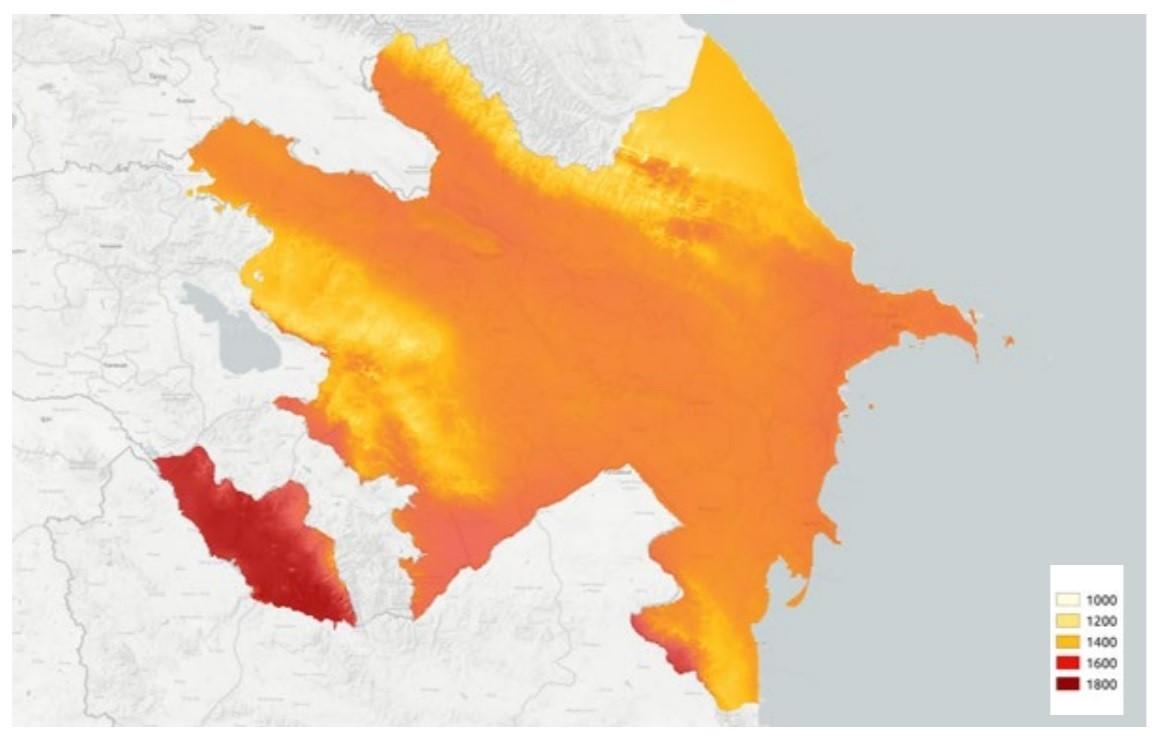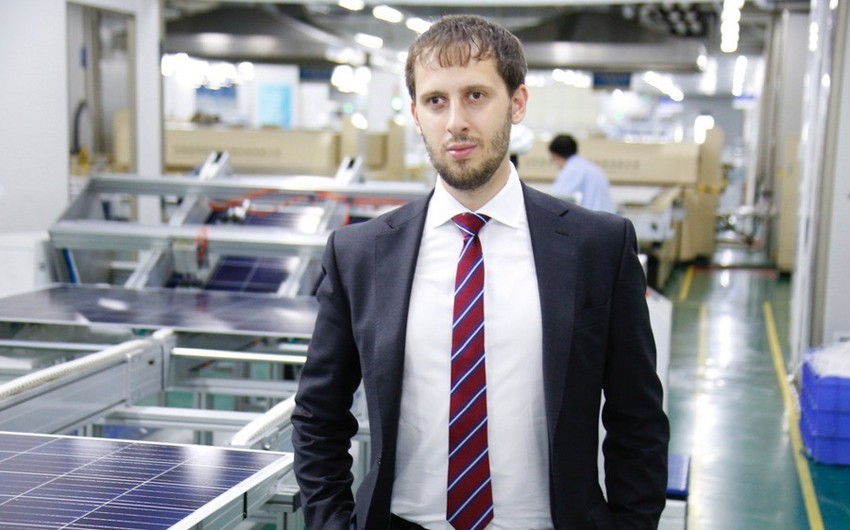In an exclusive interview with Report's Russian bureau, the CEO of Neosun Energy, a manufacturer of solar panels and lithium-ion batteries of the new generation, Ilya Likhov, spoke about the pros and cons of solar panels as an alternative energy source, their use in Azerbaijan and transferring public transportation facilities to such panels.
"Today, the cost of solar modules has decreased so much that it has made solar energy one of the cheapest and most affordable types of energy. As a result, investors have low payback periods (on average, five years), as well as independence from rising electricity tariffs and fuel prices.
According to the International Renewable Energy Agency (IRENA), the installed capacity of solar power plants (SPP) in the world reached 629 GW, which is more than two times the total capacity of the Russian energy system. Moreover, almost 115 GW of the photovoltaic power station was built over the past year alone. I would also like to emphasize that in 2019, renewable energy sources accounted for 72% of all new energy facilities. Russia is only gaining experience in this area. Still, over the past 2-3 years, we have seen a sharp increase in the construction of solar power plants from Russian private companies."
According to Ilya Likhov, it is also profitable to install solar panels in sunny Azerbaijan.

"Even a small SPP (with a capacity of 100 kW) with the correct inclination angle will produce about 140,000 kWh per year. The capacity of solar power plants in the country is already about 35 MW; businesses, social institutions install them. At the beginning of this year, President Ilham Aliyev announced the construction of a solar power plant with an installed capacity of 200 MW. In the long term, the Azerbaijani authorities rely on renewable energy sources and intend to increase their share in the energy balance from 17 to 30%. According to the Ministry of Energy of Azerbaijan, this will increase gas exports by 200 million cubic meters per year," he said.
CEO of Neosun Energy noted that objects for public transport and roads could be switched to solar panels (railway sector and automotive sector): " It is genuine to install panels at pedestrian crossings, as well as for lighting underpasses and tunnels. In India, for example, 7,000 railway stations consume solar energy. There are thousands of cases of embedding solar panels in the design of bus stops, gas stations, traffic lights, and street lighting poles.
Azerbaijan takes measures to attract private investment in this area and promote the use of renewable energy sources. Total and British Petroleum have already expressed their willingness to help, and DNVGL, the largest classification society, has offered assistance in developing a legal framework and support measures in renewable energy."


 https://images.report.az/photo/671e8ded-39dd-4471-8d95-896cf48fbc89.jpg
https://images.report.az/photo/671e8ded-39dd-4471-8d95-896cf48fbc89.jpg

